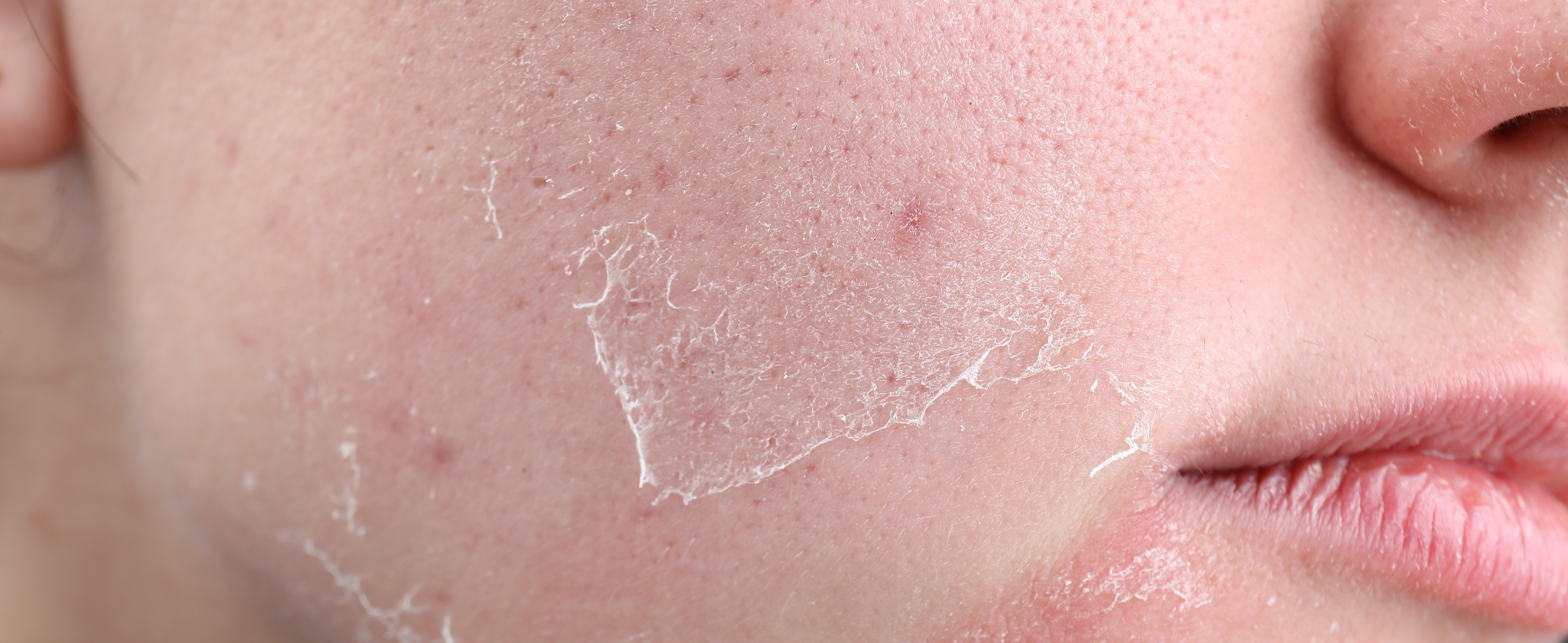Melasma is one of the most stubborn skin conditions out there. Characterized by brown or gray-brown patches on the face—especially on the cheeks, forehead, and upper lip—it’s often triggered by sun exposure, hormones, and inflammation. But if you’re dealing with melasma, you’ve probably wondered: Can it ever go away for good?
Let’s clear up the confusion. In this blog, we’ll explore the most common myths and facts about melasma treatment and whether it can be permanently removed.
Myth 1: “Melasma can be cured permanently.”
Fact: Unfortunately, melasma is a chronic skin condition. That means it tends to come and go, often triggered by sun exposure, hormonal changes (like pregnancy or birth control), or heat. While treatments can significantly fade melasma and reduce its appearance, there is no known permanent cure—yet.
The key to long-term improvement lies in consistent management and prevention strategies, not one-time fixes.
Myth 2: “If it fades once, it won’t come back.”
Fact: Many people notice that their melasma fades with treatment—especially after stopping hormonal triggers (like post-pregnancy) or using brightening products. But without proper maintenance, melasma can and often does return, particularly if you're exposed to UV rays.
Even after laser treatments or chemical peels, melasma can reappear, sometimes even darker than before if you're not careful with sun protection.
🧴 Dermatologist Tip: Always wear sunscreen (SPF 50+), even indoors or on cloudy days, to help prevent melasma from recurring.
Myth 3: “Natural remedies can cure melasma.”
Fact: Natural ingredients like aloe vera, turmeric, or licorice root may help soothe the skin or offer mild brightening effects, but they can’t permanently erase melasma.
While some plant-based actives can be part of a supportive routine, they should not replace dermatologist-approved treatments. Relying on home remedies alone may delay effective results—or even worsen pigmentation if the skin becomes irritated.
Myth 4: “Laser treatments are a permanent fix.”
Fact: Lasers, like Q-switched lasers or fractional lasers, can reduce pigment buildup and lighten melasma patches. But they are not a permanent solution. In fact, if used improperly or without sun protection afterward, laser treatments may trigger a rebound effect, making melasma worse.
Laser treatment should only be performed by experienced professionals and followed with strict sun protection and maintenance skincare
Fact: Melasma can be managed long-term
Although melasma can't be permanently removed in most cases, it can be successfully managed with the right approach. Dermatologists recommend a combination of:
- Topical treatments like hydroquinone, tranexamic acid, azelaic acid, or kojic acid
- Chemical peels or gentle exfoliants to speed up skin turnover
- Oral tranexamic acid in stubborn or hormonal cases (prescribed only)
- Consistent use of sunscreen and protective clothing
Bonus tip: Wearing a wide-brimmed hat and sunglasses helps shield the face from UV rays, reducing melasma flare-ups.
Myth 5: “Any skincare routine will work for melasma.”
Fact: Melasma-prone skin is often more sensitive, so not every skincare product is suitable. Strong acids, fragrances, or harsh scrubs can irritate the skin and worsen pigmentation.
If you're dealing with melasma, focus on a targeted, gentle routine with ingredients like:
- Niacinamide – for brightening and inflammation control
- Vitamin C – for antioxidant protection and skin tone evening
- Ceramides – for barrier repair
- Retinoids – to boost cell turnover (start slowly)
A dermatologist can tailor a plan that fits your skin type and melasma severity.
Final Thoughts: Focus on Control, Not Cure
While melasma can't be permanently removed for most people, it doesn't mean you're stuck with it. By understanding the triggers and staying consistent with your skincare, sun protection, and treatments, you can dramatically reduce its appearance and prevent future flare-ups.
💡 Melasma is a journey—not a quick fix. Be patient, stay informed, and work with a skincare professional for the best results.









